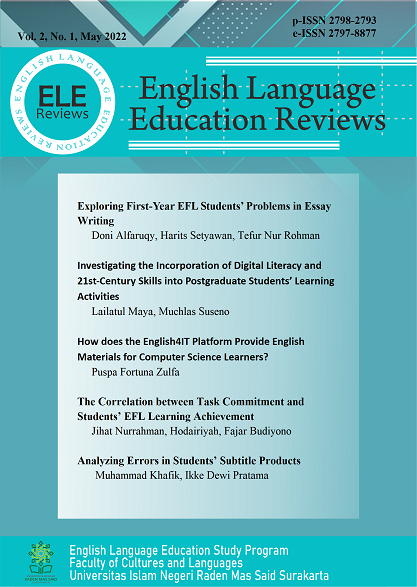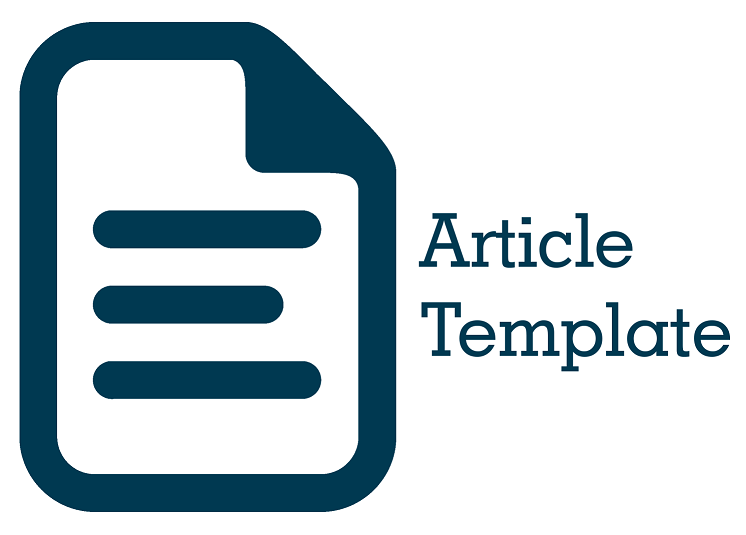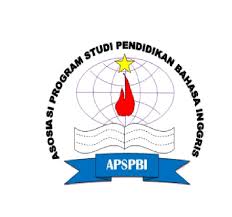Investigating the Incorporation of Digital Literacy and 21st-Century Skills into Postgraduate Students’ Learning Activities
DOI:
https://doi.org/10.22515/elereviews.v2i1.5121Keywords:
postgraduate students, digital literacy, 21st-century skillsAbstract
Students in higher education institutions require digital literacy and 21st-century skills for their learning activities. Despite the reality of students born into digital technologies that have become increasingly integrated into learning activities, no studies have looked into the situation, particularly study in the context of postgraduate students. This study aims to determine the extent of Master of English Language Education (MELE) students’ incorporation of digital literacy and 21st-century skills within their learning activities. This study was carried out using a survey research method. The sample consisted of 34 MELE students from Jakarta State University enrolled in various gap years (2019-2021) in the Master English Language Education department. The data were collected using 24 questionnaire items. The instruments were employed based on the International Society for Technology in Education (ISTE) Student Standard and disseminated using Google Form. The findings revealed that most MELE students had a high level of digital literacy and 21st-century skills. However, some students marked themselves as having low levels on it. Thus, the researchers recommended that the students enhance their engagement with technology, incorporate 21st-century skills, and develop digital literacy according to today’s requirements for completing their learning goals.
Downloads
References
Abdullateef, S. (2021). Remote learning: fostering learning of 21st-century skills through digital learning tools. Arab World English Journal, 7(1), 190-201. https://doi.org/10.24093/awej/call7.14
Ayyildiz, P., & Hazaymeh, W. A. (2021). Exploring digital literacy levels and technology integration competence of Turkish academics. International Journal of Instruction, 14(3), 501-518. https://doi.org/10.29333/iji.2021.14329a
Baharuddin, M., Saubari, N., & Baharuddin, M. F. (2016). Digital literacy awareness among students. Research Hub, 2(1), 57-63.
Bairagi, V., & Munot, M. V. (2019). Research methodology: A practical and scientific approach. CRC Press.
Beglar, D., & Nemoto, T. (2014). Developing likert-scale questionnaires. JALT2013 Conference Proceedings (pp. 1-8).
Burnett, C., & Merchant, G. (2013). Points of view: Reconceptualising literacies through an exploration of adult and child interactions in a virtual world. Journal of Research in Reading, 37(1), 36-50. https://doi.org/10.1111/jrir.12006
Çam, E., & Kiyici, M. (2017). Perceptions of prospective teachers on digital literacy. Malaysian Online Journal of Educational Technology, 5(4), 29-44.
Care, E., & Kim, H. (2018). Assessment of twenty-first century skills: The issue of authenticity. In E. Care, P. Griffin & M. Wilson (Eds.), Educational assessment in an information age (pp.21-39). Springer, Cham. https://doi.org/10.1007/978-3-319-65368-6_2
Catts, R., & Lau, J. (2008). Towards information literacy indicators. In Information Society Division Communication and Information Sector UNESCO (Ed.). UNESCO.
Chan, B. S. K., Churchill, D., & Chiu, T. K. F. (2017). Digital literacy learning in higher education through digital storytelling approach. Journal of International Education Research (JIER), 13(1), 1–16. https://doi.org/10.19030/jier.v13i1.9907
Cohen, L., Manion, L., & Morrion, K. (2018). Research methods in education (8th ed.). Routledge.
Hamutoğlu, N. B., Güngören-Canan, O., Uyanık-Kaya, G., & Erdoğan-Gür, D. (2017). Adapting digital literacy scale into Turkish. Ege Journal of Education, 18(1), 408-429.
Hazaymeh, W. A. (2021). EFL students’ perceptions of online distance learning for enhancing English language learning during COVID-19 pandemic. International Journal of Instruction, 14(3), 501–518. https://doi.org/10.29333/iji.2021.14329a
Hixson, N., Ravitz, J., & Whisman, A. (2012). Extended professional development in project-based learning: Impacts on 21st-century teaching and student achievement. West Virginia Department of Education.
Johnson, P. (2009). The 21st century skills movement. Educational Leadership, 67(1), 11.
Kountur, R. (2005). Metode penelitian untuk penulisan skripsi dan tesis. PPM.
Kozma, R. B. (2011). A framework for ICT policies to transform education. In Transforming education: the power of ICT policies (pp. 19–36). UNESCO.
Liaw, S. S., Huang, H. M., & Chen, G. D. (2007). Surveying instructor and learner attitudes toward e-learning. Computers & Education, 49(4), 1066-1080.
Mohammadyari, S., & Singh, H. (2015). Understanding the effect of e-learning on individual performance: The role of digital literacy. Computers & Education, 82, 11-25. https://doi.org/10.1016/j.compedu.2014.10.025
Mukherjee, S. P. (2020). A Guide to Research Methodology an Overview of Research Problems, Tasks, and Methods. CRC Press.
Ng, W. (2012). Can we teach digital natives digital literacy? Computers & Education, 59(3), 1065-1078. https://doi.org/10.1016/j.compedu.2012.04.016
Ponto, J. (2015). Understanding and evaluating survey research. Journal of the Advanced Practitioner in Oncology, 6(2), 168–171. https://www.ncbi.nlm.nih.gov/pmc/articles/PMC4601897/pdf/jadp-06-168.pdf
Prensky, M. (2001). Digital natives, digital immigrants. On the Horizon, 9(5), 1-6.
Queensland Curriculum and Assessment Authority. (2015). 21st-century skills for senior education: An analysis of educational trends. The State of Queensland.
Rap. (2022). 21st century skills - why students need them. https://asis.education/news-detail/21st-century-skills-why-students-need-them/
UNESCO. (2014). Global citizenship education: Preparing learners for the challenges of the 21st century. UNESCO.
Ustundag, M. T., Gunes, E., & Bahcivan, E. (2017). Turkish adaptation of digital literacy scale and investigating pre-service science teachers’ digital literacy. Journal of Education, 12, 19-29.
von Davier, A. A., Zhu, M., & Kyllonen, P. (Eds.). (2017). Innovative assessment of collaboration. Springer International.
Downloads
Published
How to Cite
Issue
Section
Citation Check
License
Copyright (c) 2022 Lailatul Maya, Muchlas Suseno

This work is licensed under a Creative Commons Attribution-NonCommercial 4.0 International License.
Authors retain copyright and grant the journal right of first publication with the work simultaneously licensed under a Creative Commons Attribution License that allows others to share the work with an acknowledgement of the work's authorship and initial publication in this journal.
This ejournal system and its contents are licensed under
a Creative Commons Attribution-NonCommercial 4.0 International License








